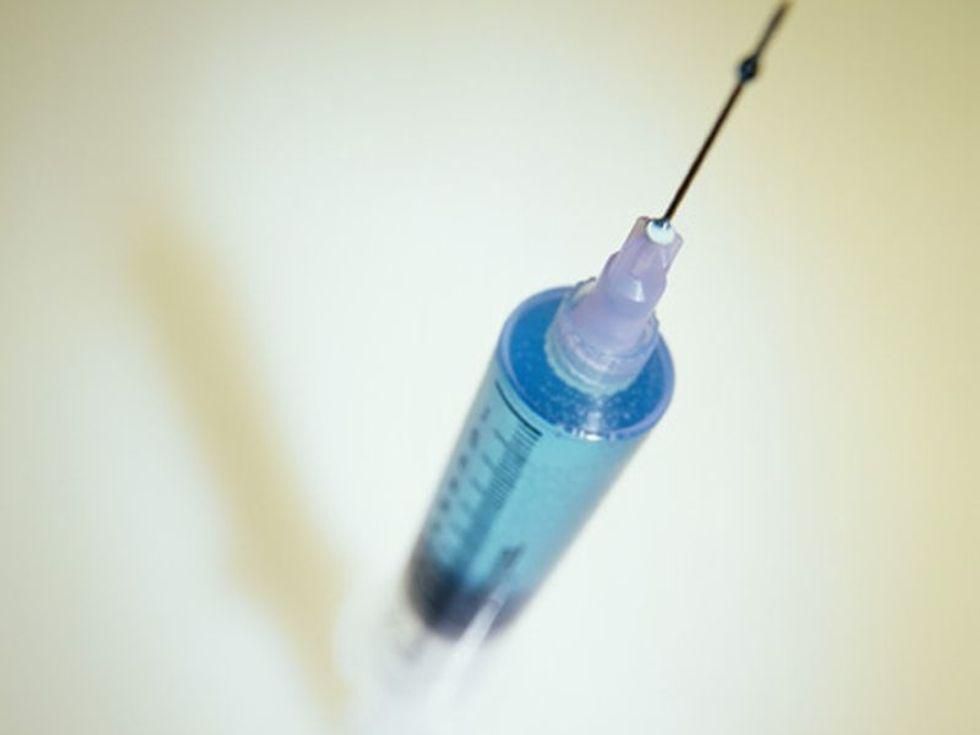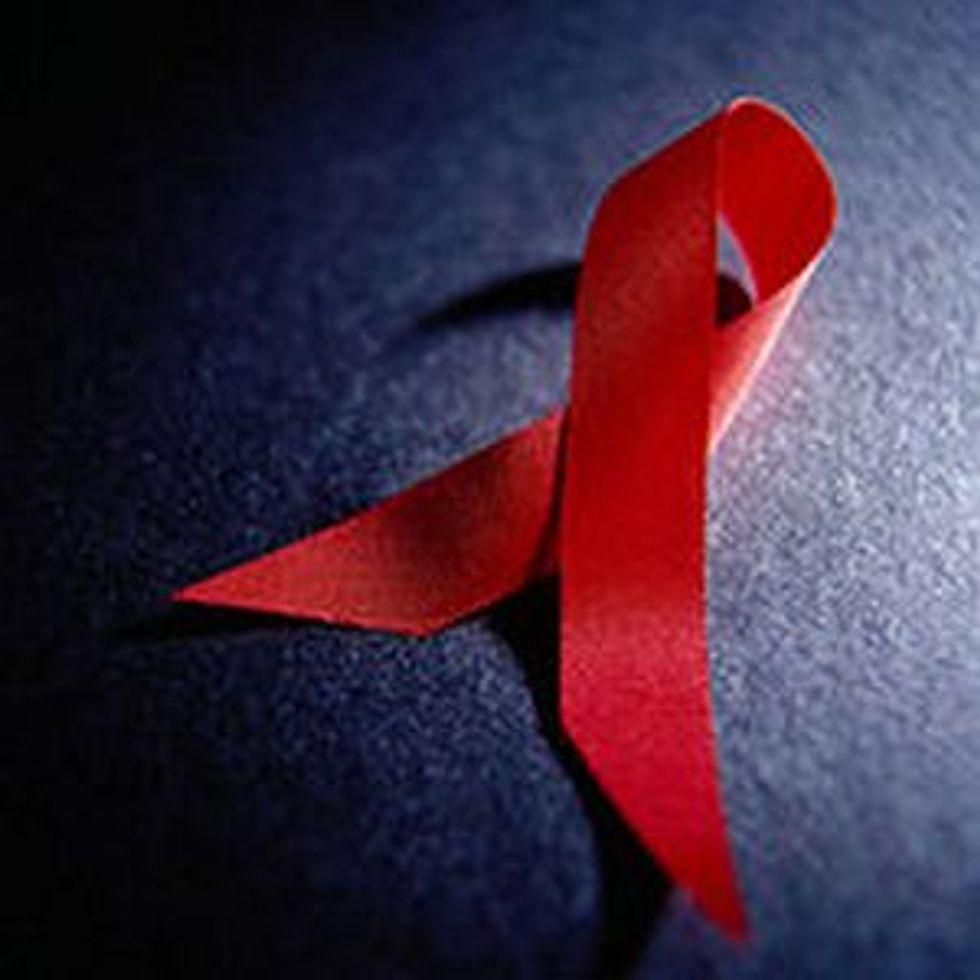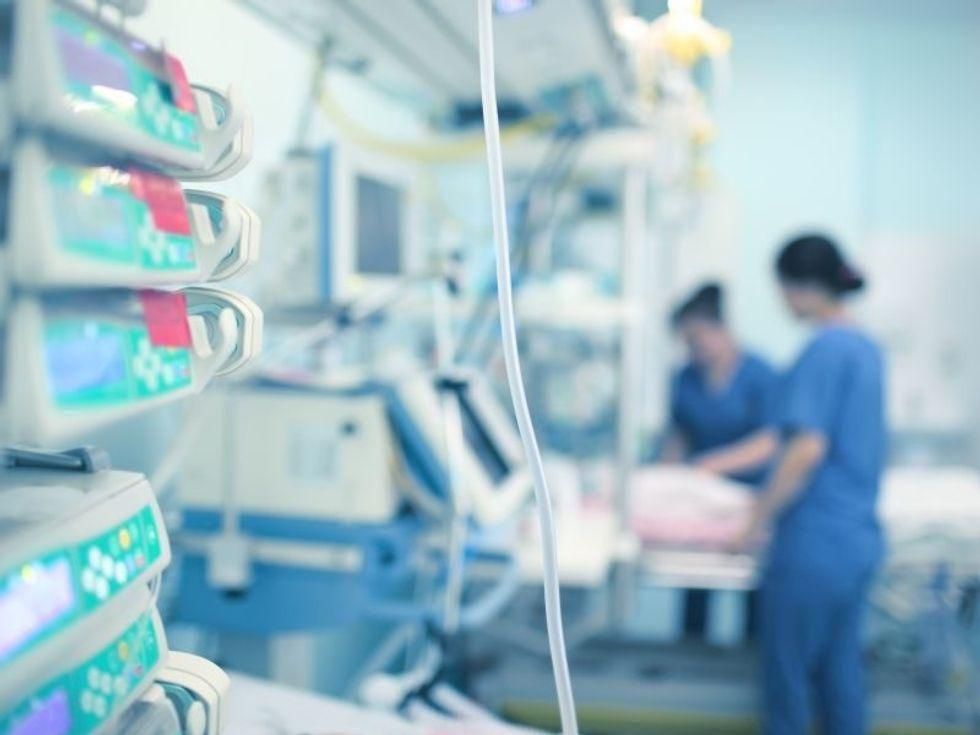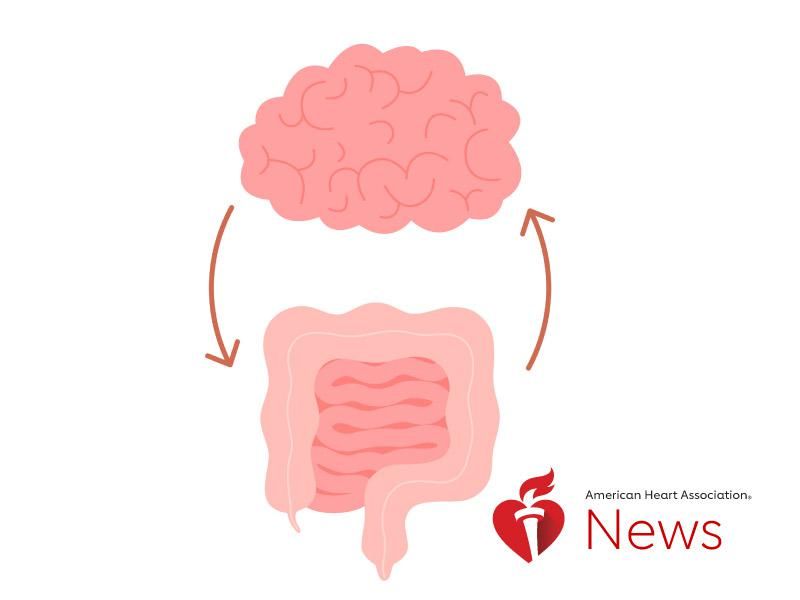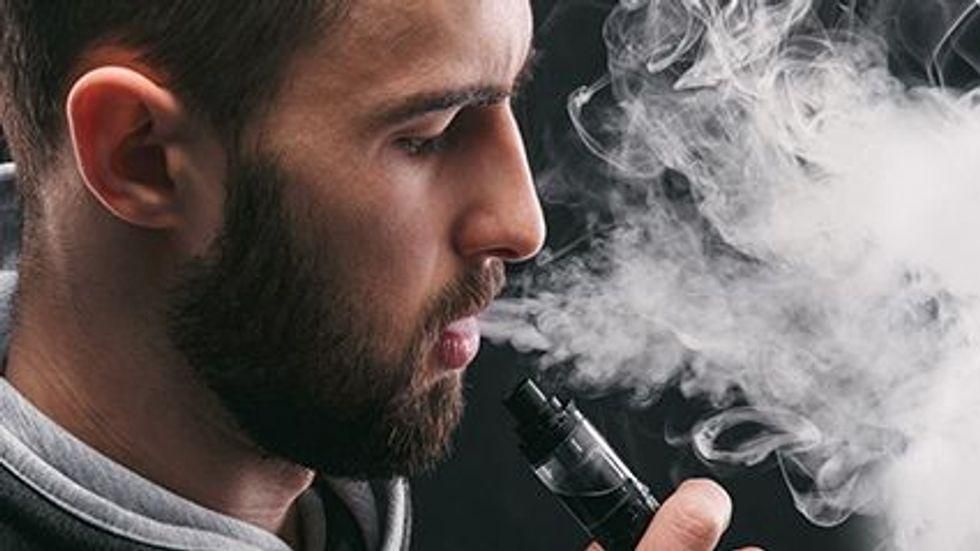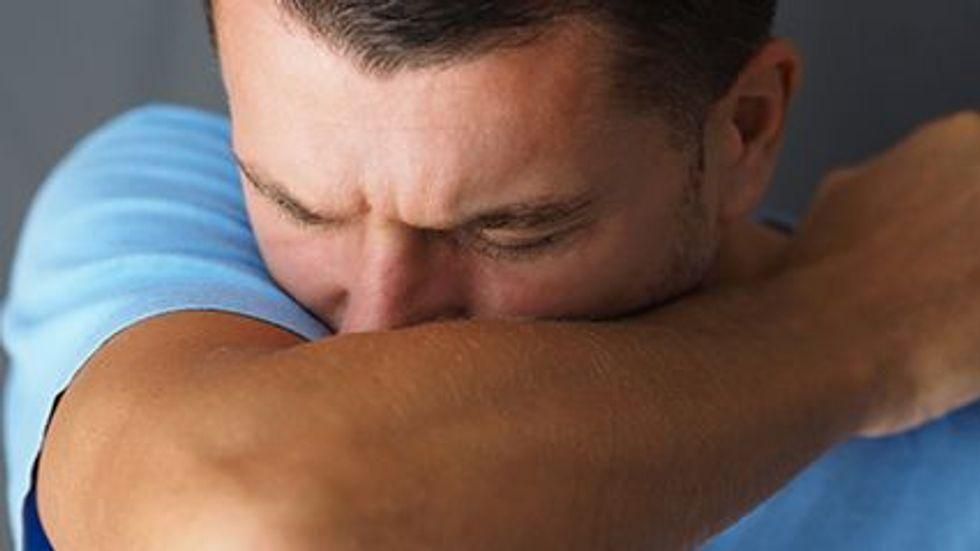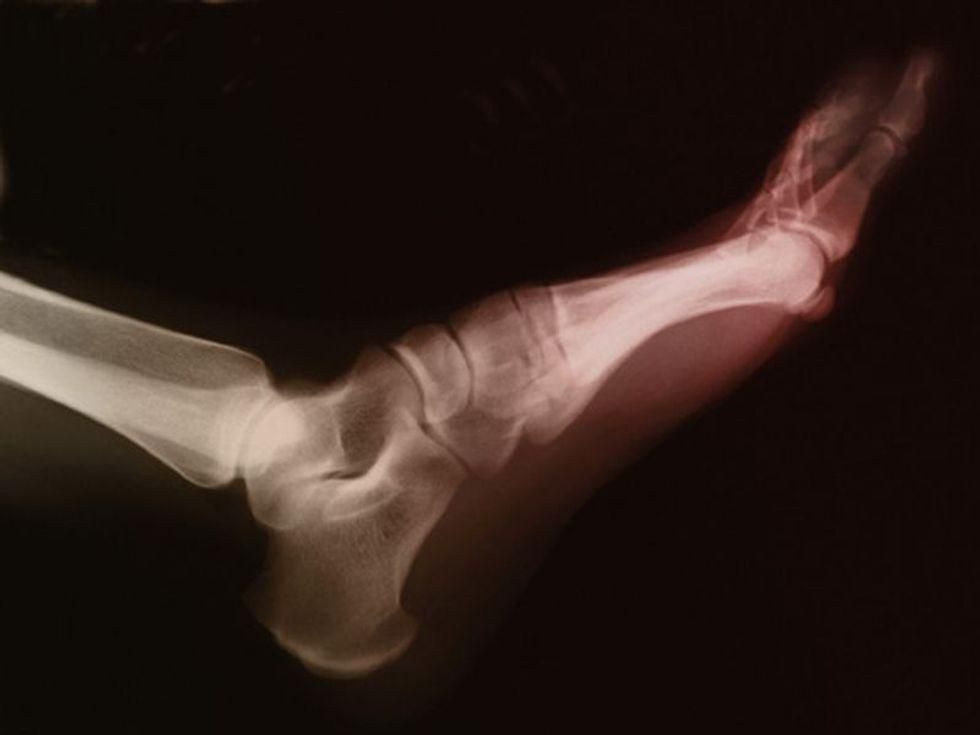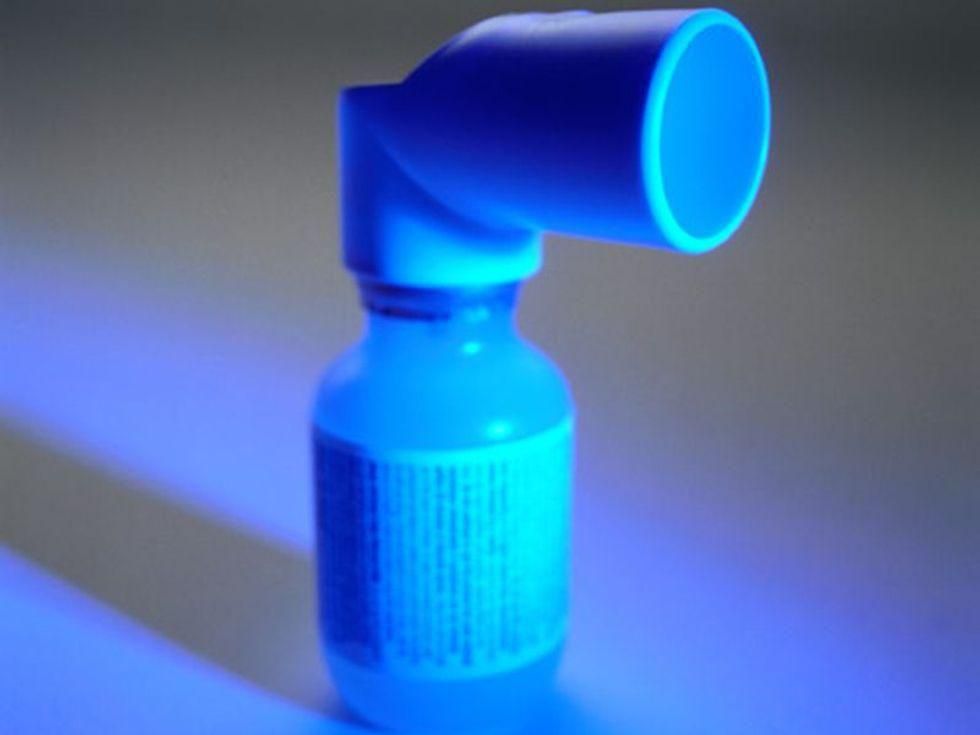
Many people with asthma know their illness can flare up at night, and new research suggests the body’s internal clock could be to blame. The findings could prove important for treating and studying asthma, the researchers said. “This is one of the first studies to carefully isolate the influence of the circadian system from the… read on > read on >










